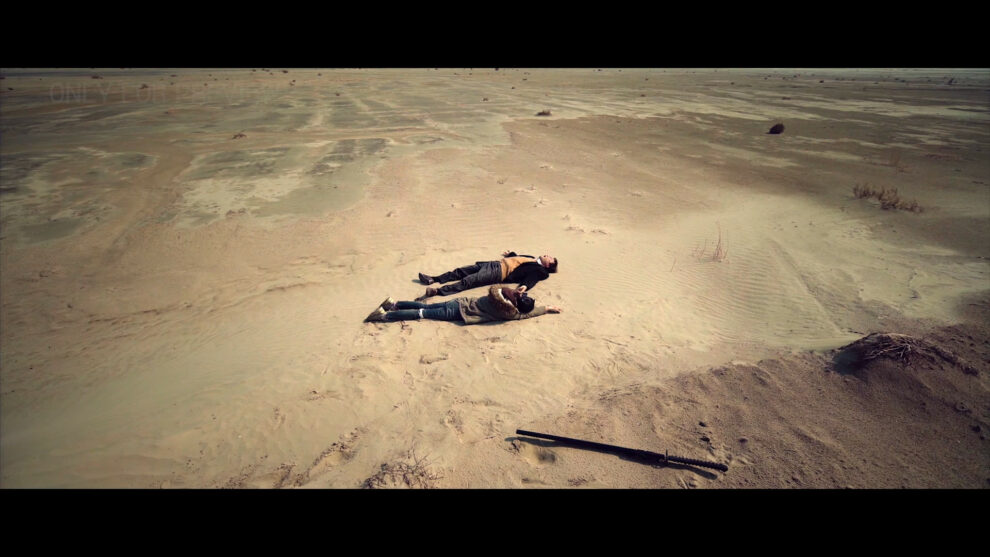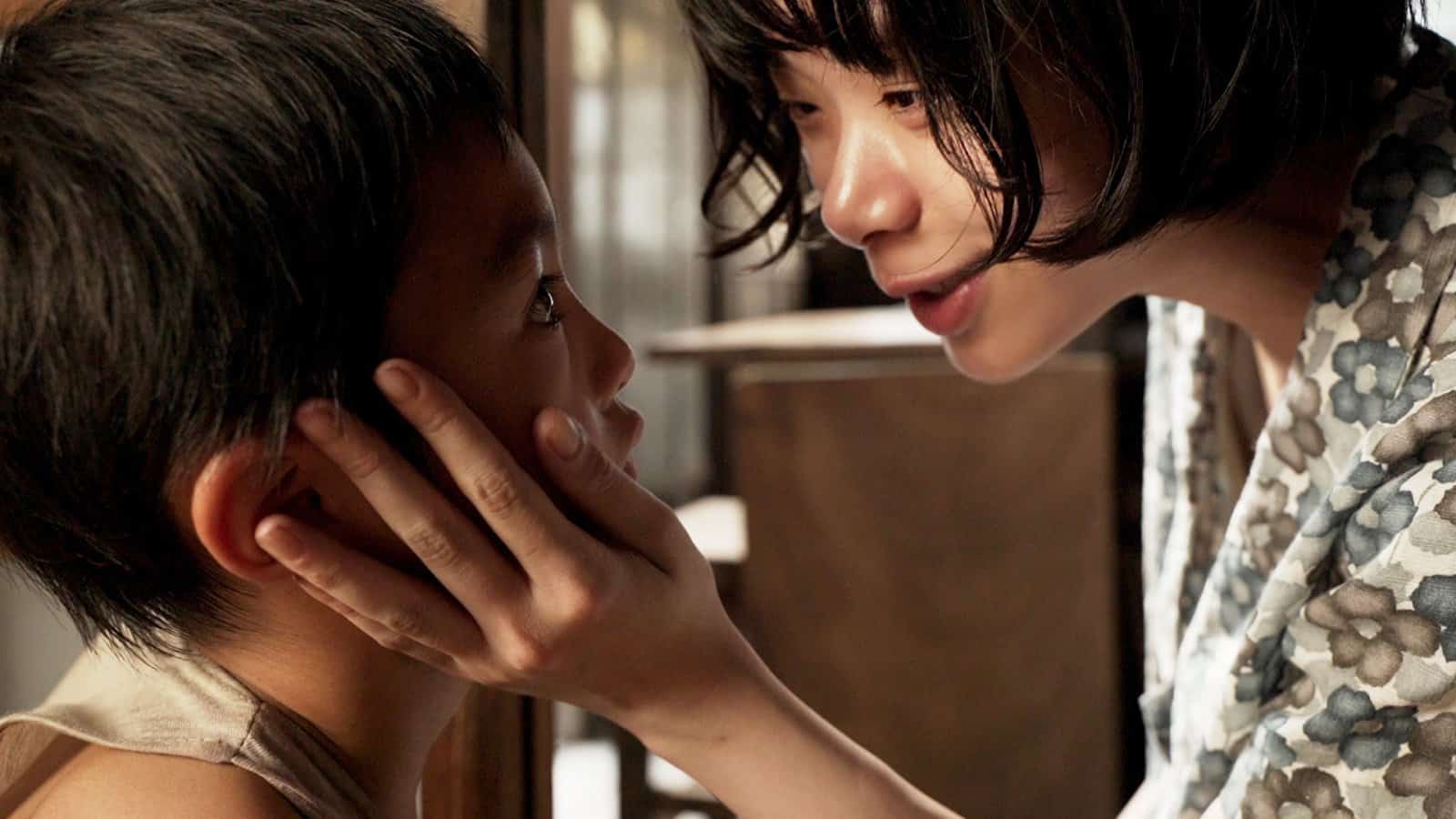While some are still exploring the possibilities of film as a medium, there are those voices feeling we have reached its borders, and nothing new or original can be expressed. Given the background of literary modernism, this makes sense and it can certainly be observed if you take a look at what is showing at your local cinema. At the same time, we have to ask ourselves the question whether the statement is actually hinting at the possibility of people not having the right language or means in general to explore the medium fully. There is a lot to be learned from that discussion and apparently a lot of entertainment to be gained as well in the light of short features such as “Apocalypse Runner”, in which director Cho Hyun-min aims to delve deep into this debate while using the tropes of the post-apocalyptic genre.
Apocalypse Runner: Complete Edition is screening at Busan International Short Film Festival

After the collapse of society as we know, the world has been taken over by the forces of Kallipoli, a philosopher whose politics revolve around a system in which no lies and illusions, as he calls them, exist. In effect, this means banning all forms of literature, art and, most importantly, film as its means of constructing reality cannot be easily recognized as lie or deceit. Waking up in the middle of a desert, a former film critic named Dong-sik (Seo Hyun-woo) wakes up and experiences (or rather analyses) the world around him like he would do to a feature, just as he learned from his mentors.
However, as he walks though the desert, he not only learns about what has happened to the world, but also meets a young girl, Eun-soo (Choi Seo-yeon), who is on the run from Kallipoli's forces. As she realizes who is the man in front of her, she recognizes a possibility for this stranger to be the only person able to take on the ruler of this new world. Even though she is confused by his constant obsession with images and analyzing scenes, she understands this is the way he perceives his surroundings, which also comes in handy when is on combat occasionally.

According to the director, her aim with this feature is to “talk about the beauty of [the] after-image with disappearance and the meaning of the audience's gaze”. In a way, we are trained not just to follow but also attach meaning to seemingly banal items, similar to the protagonist observing his surroundings and ascertaining a deeper truth behind it. It is interesting that in the age of the meta-feature, with films talking about film techniques and continuously breaking the fourth wall, Cho uses a simple trick to uncover how meaning is a construct of a combination of camera movement, editing and in general visual storytelling. Again, it is a rather simple truth and certainly nothing new to film students or people working in the industry, but still something quite relevant.
While you could read “Apocalypse Runner” as a meta-feature, as mentioned before, it is surely more entertaining to look at it as a satire. Director Cho pokes fun at the idea of perceiving reality through the eyes of the critic, being blind towards the obvious while also stoically insisting on your attachment of meaning to events and items. This becomes even more apparent in the conversations between the two main characters, with Eun-soo's opinion about the stranger see-sawing between admiration because he is part of some kind of prophecy, and also bewilderment because of the way he describes and analyses the world mirroring the structure of a review or film examination.
In the end, “Apocalypse Runner: Complete Edition” manages to be both profound and entertaining, tackling an issue which is quite complex.















